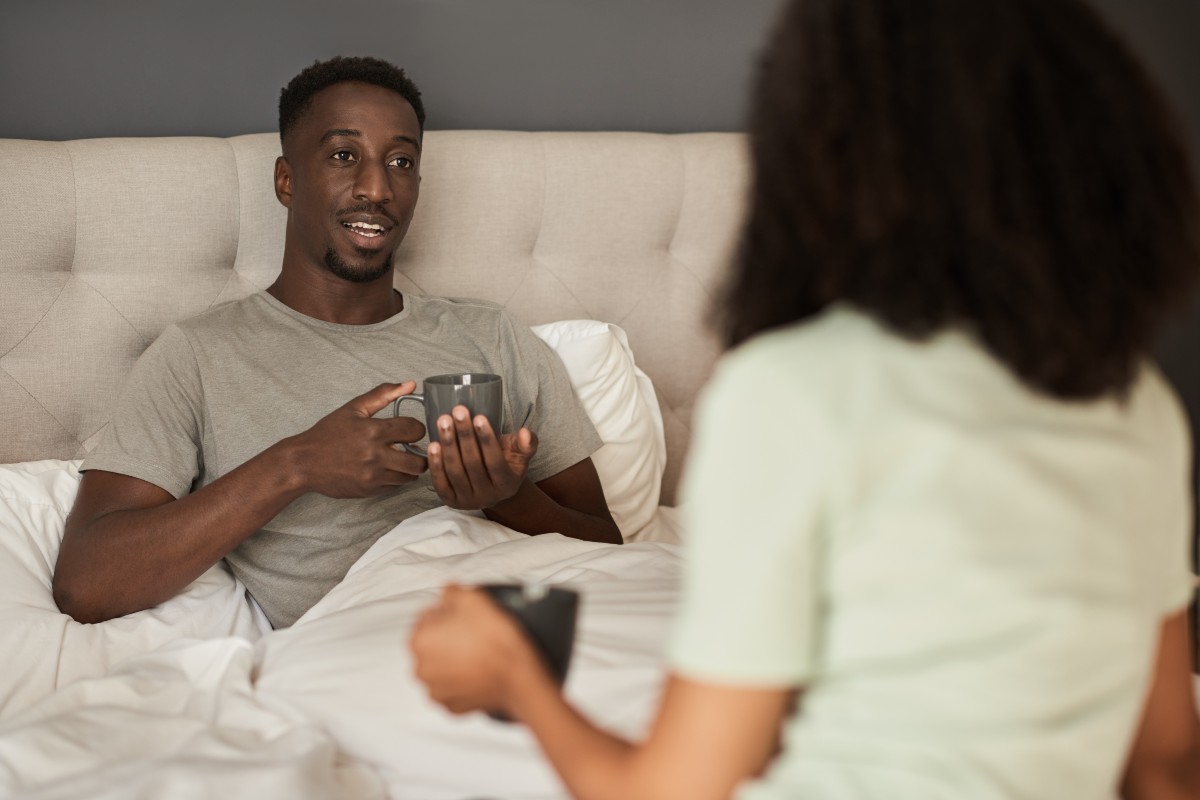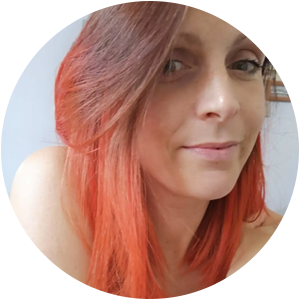
When to Stop Drinking Water Before Bed
We all know staying hydrated is important, but drinking too much water too close to bedtime can lead to those annoying middle-of-the-night wake-ups. Nobody wants to crawl out of a warm, cosy bed to use the bathroom at 2am.
So, how do you find the right balance between drinking enough water and getting a good night’s sleep? And more importantly, when should you stop drinking water before bed?
Why timing matters
Your body naturally slows down urine production at night so you can sleep uninterrupted (1). But if you drink a lot of water right before bed, your bladder might have other ideas—leading to frequent trips to the bathroom and disrupted sleep.
Interrupted sleep can leave you feeling groggy the next day, affecting your mood, concentration, and even your overall energy levels too. That’s why being mindful of when and how much you drink in the evening can make a real difference.
When should you stop drinking water?
A good rule of thumb is to stop drinking large amounts of water about 1–2 hours before bed. This gives your body time to process fluids so you can (hopefully) get through the night without interruption (2).
That said, everyone is different. If you still find yourself waking up for the bathroom, try moving your hydration window earlier in the day to see if it helps.
How to stay hydrated without ruining your sleep
If you’re worried about feeling thirsty at night but don’t want to wake up multiple times, try these simple strategies:
-
Drink steadily throughout the day – Rather than chugging a lot of water in the evening, aim to stay hydrated consistently.
-
Have a small sip if needed – If you’re genuinely thirsty before bed, a few sips are fine—just avoid drinking large amounts of fluids.
-
Eat water-rich foods – Foods such as cucumbers, watermelon, and oranges can help you to stay well-hydrated without risking overloading your bladder.
-
Cut back on caffeine and alcohol in the evening – Both of these can make you dehydrated and cause disruptions to your sleep.
Drinking before bed FAQs
What if I feel really thirsty before bed?
If you’re genuinely thirsty, don’t ignore it—just try to stick to a small sip rather than a full glass. If you’re often thirsty at night, it could mean you’re not drinking enough water earlier in the day.
Can drinking water before bed be a good thing?
In some cases, yes! If you’ve had a salty meal, exercised in the evening, or are feeling slightly dehydrated, drinking a little water before bed can help. Just don’t overdo it.
Why do I wake up thirsty in the middle of the night?
It could be due to dehydration, dry air in your bedroom, or even certain foods (like salty snacks) before bed. Try drinking more water earlier in the day and using a humidifier if dry air is the issue.
Does age affect how often you wake up to pee?
Yes! As we get older, our bodies produce less of a hormone that helps reduce urine production at night. This means more frequent night-time bathroom trips, even with the same amount of water intake.
Should I avoid drinking anything at all before bed?
Not necessarily. The key is to avoid drinking too much. If you’re thirsty, have a small sip, but try to get most of your hydration earlier in the day.
When should you stop drinking water before bed: final thoughts
Drinking water is essential, but timing matters. Try stopping fluid intake 1–2 hours before bed to see if it helps improve your sleep. If you’re still waking up frequently during the night, you might want to think about adjusting your daytime hydration habits.
The goal is to stay hydrated and well-rested—so find what works best for you!
Sources:

Gemma Henry - Content Lead
Gemma finds sleep fascinating and describes the discovery aspect of her role as eye-opening. Her keen eye for detail and dedication to thorough research ensures that Bensons customers get the informative sleep-based advice they're looking for.